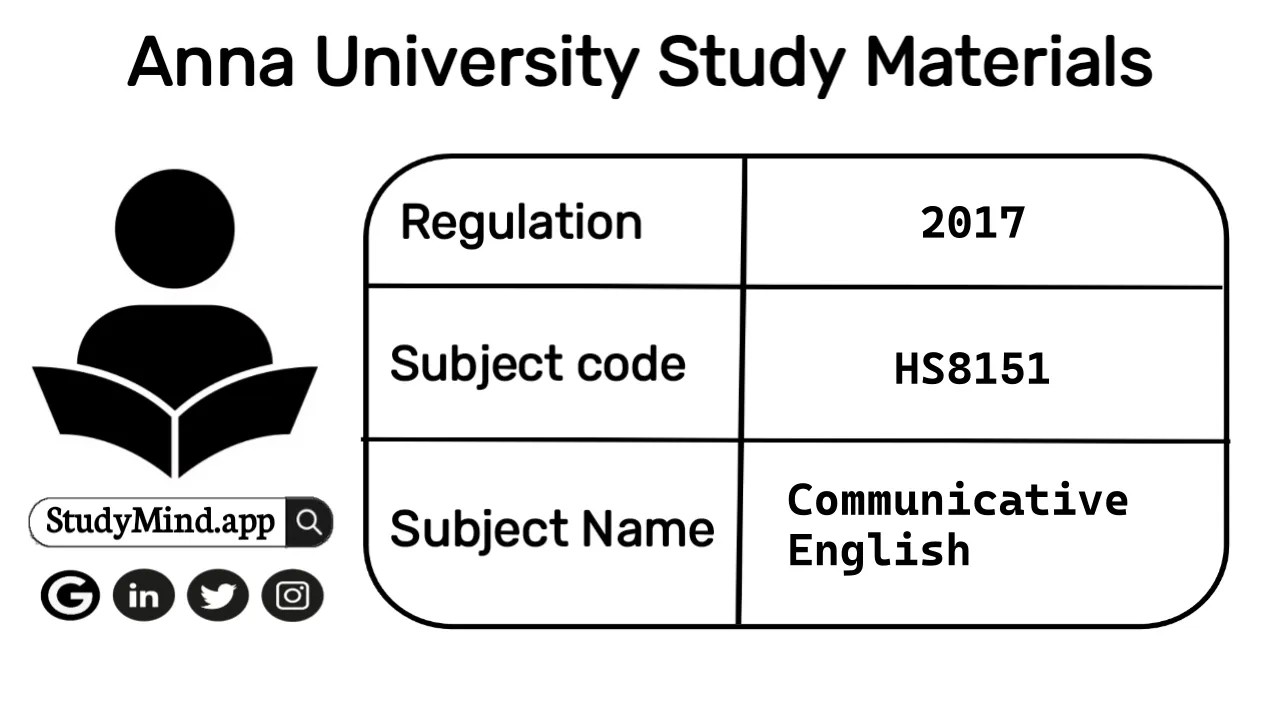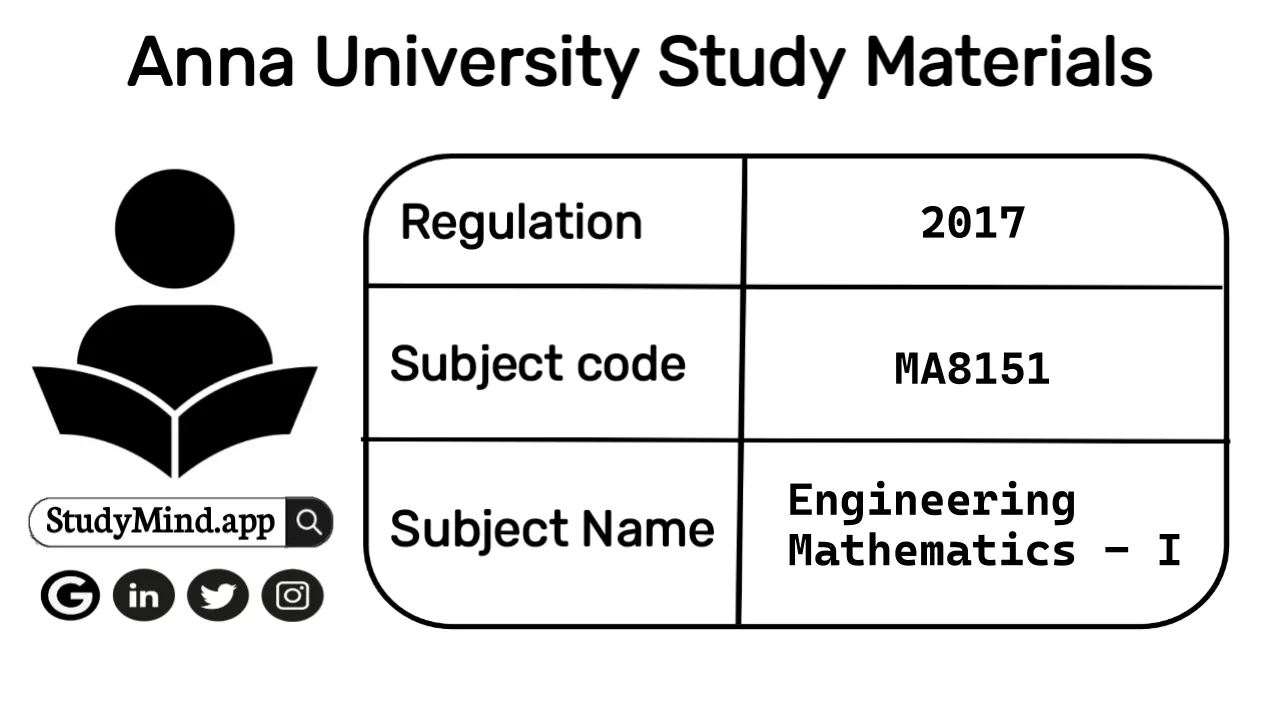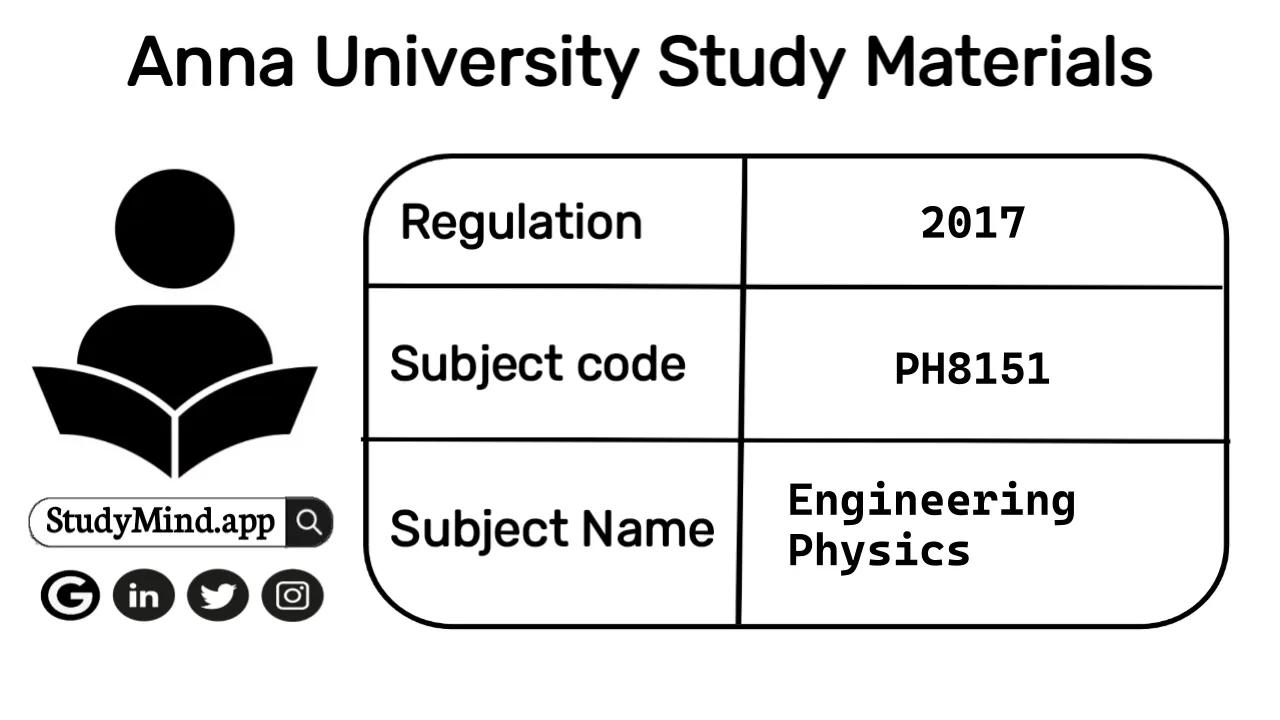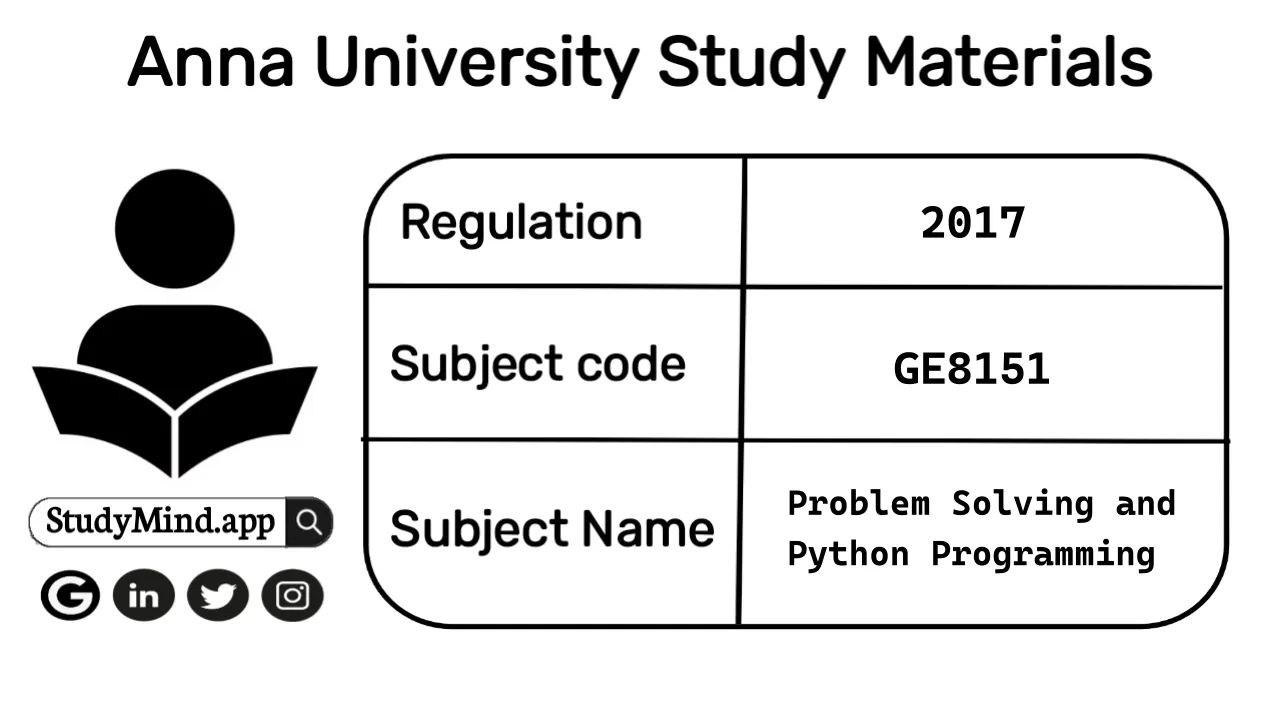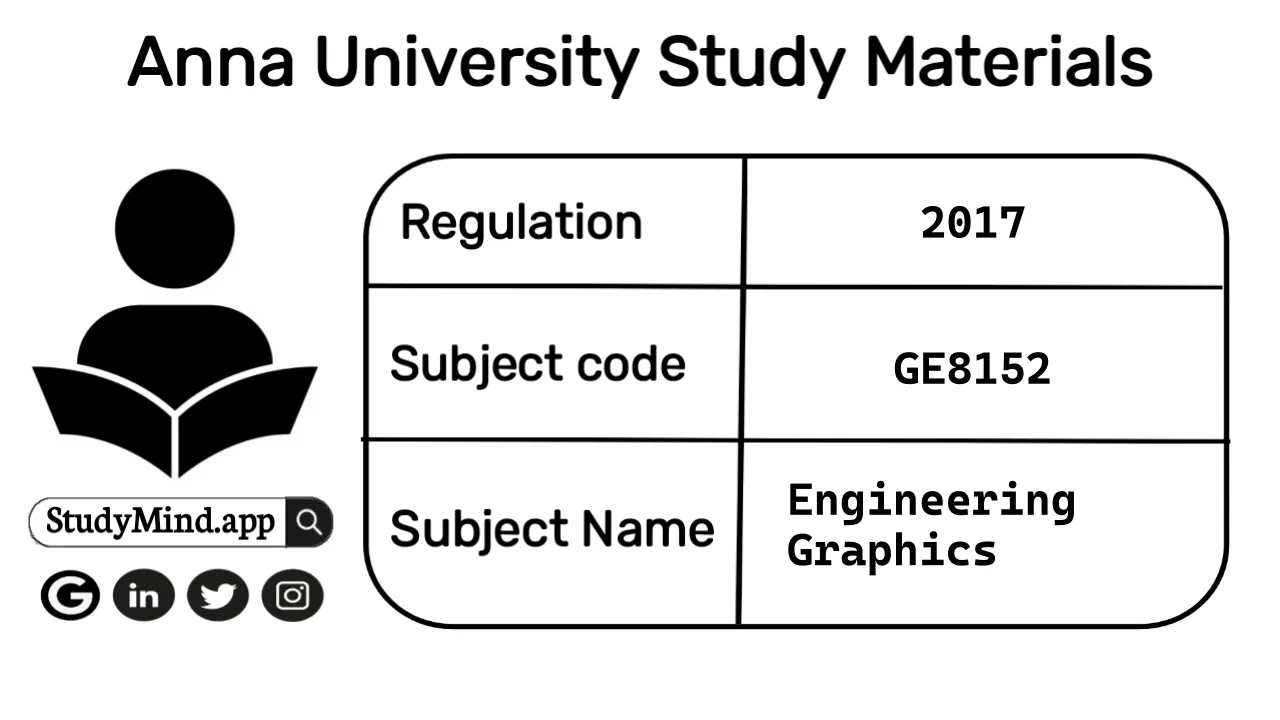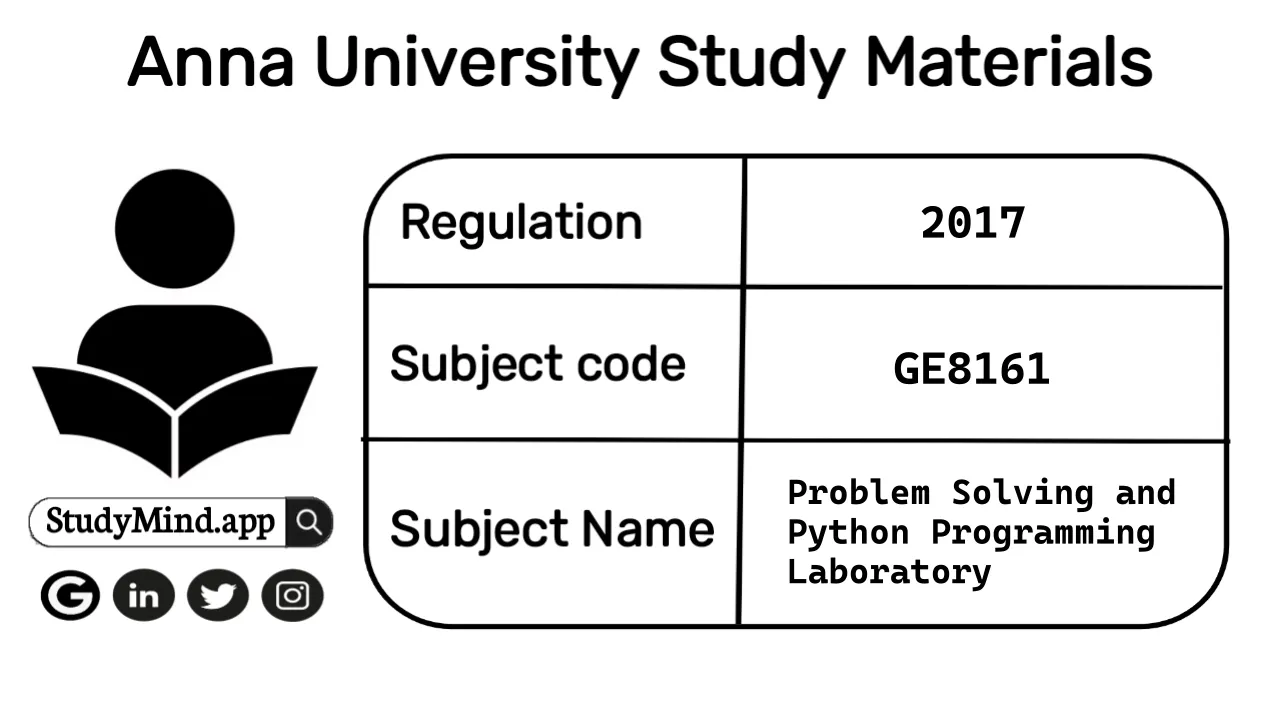[PDF] CY8151 Engineering Chemistry 2017 Regulation Syllabus, Notes and Previous years Question Papers for Anna University Students
Last updated on Aug 19, 2023
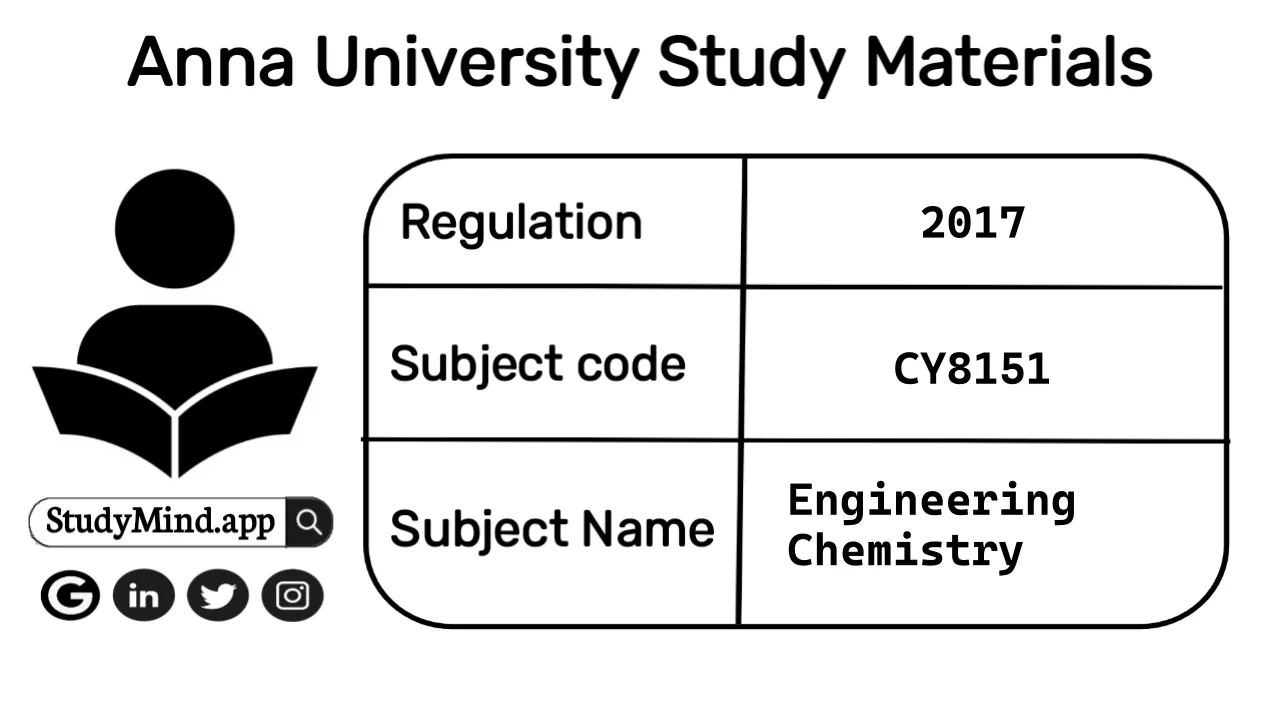
Syllabus
CY8151 Engineering Chemistry
- UNIT I WATER AND ITS TREATMENT:Hardness of water – types – expression of hardness – units – estimation of hardness of water by EDTA – numerical problems – boiler troubles (scale and sludge) – treatment of boiler feed water – Internal treatment (phosphate, colloidal, sodium aluminate and calgon conditioning) external treatment – Ion exchange process, zeolite process – desalination of brackish water - Reverse Osmosis.
- UNIT II SURFACE CHEMISTRY AND CATALYSIS:Adsorption: Types of adsorption – adsorption of gases on solids – adsorption of solute from solutions – adsorption isotherms – Freundlich’s adsorption isotherm – Langmuir’s adsorption isotherm – contact theory – kinetics of surface reactions, unimolecular reactions, Langmuir - applications of adsorption on pollution abatement. Catalysis: Catalyst – types of catalysis – criteria – autocatalysis – catalytic poisoning and catalytic promoters - acid base catalysis – applications (catalytic convertor) – enzyme catalysis– Michaelis – Menten equation.
- UNIT III ALLOYS AND PHASE RULE:Alloys: Introduction- Definition- properties of alloys- significance of alloying, functions and effect of alloying elements- Nichrome and stainless steel (18/8) – heat treatment of steel. Phase rule: Introduction, definition of terms with examples, one component system -water system - reduced phase rule - thermal analysis and cooling curves - two component systems - lead-silver system - Pattinson process.
- UNIT IV FUELS AND COMBUSTION:Fuels: Introduction - classification of fuels - coal - analysis of coal (proximate and ultimate) - carbonization - manufacture of metallurgical coke (Otto Hoffmann method) - petroleum - manufacture of synthetic petrol (Bergius process) - knocking - octane number - diesel oil - cetane number - natural gas - compressed natural gas (CNG) - liquefied petroleum gases (LPG) - power alcohol and biodiesel. Combustion of fuels: Introduction - calorific value - higher and lower calorific values- theoretical calculation of calorific value - ignition temperature - spontaneous ignition temperature - explosive range - flue gas analysis (ORSAT Method).
- UNIT V ENERGY SOURCES AND STORAGE DEVICES:Nuclear fission - controlled nuclear fission - nuclear fusion - differences between nuclear fission and fusion - nuclear chain reactions - nuclear energy - light water nuclear power plant - breeder reactor - solar energy conversion - solar cells - wind energy. Batteries, fuel cells and supercapacitors: Types of batteries – primary battery (dry cell) secondary battery (lead acid battery, lithium-ion-battery) fuel cells – H2-O2 fuel cell.
